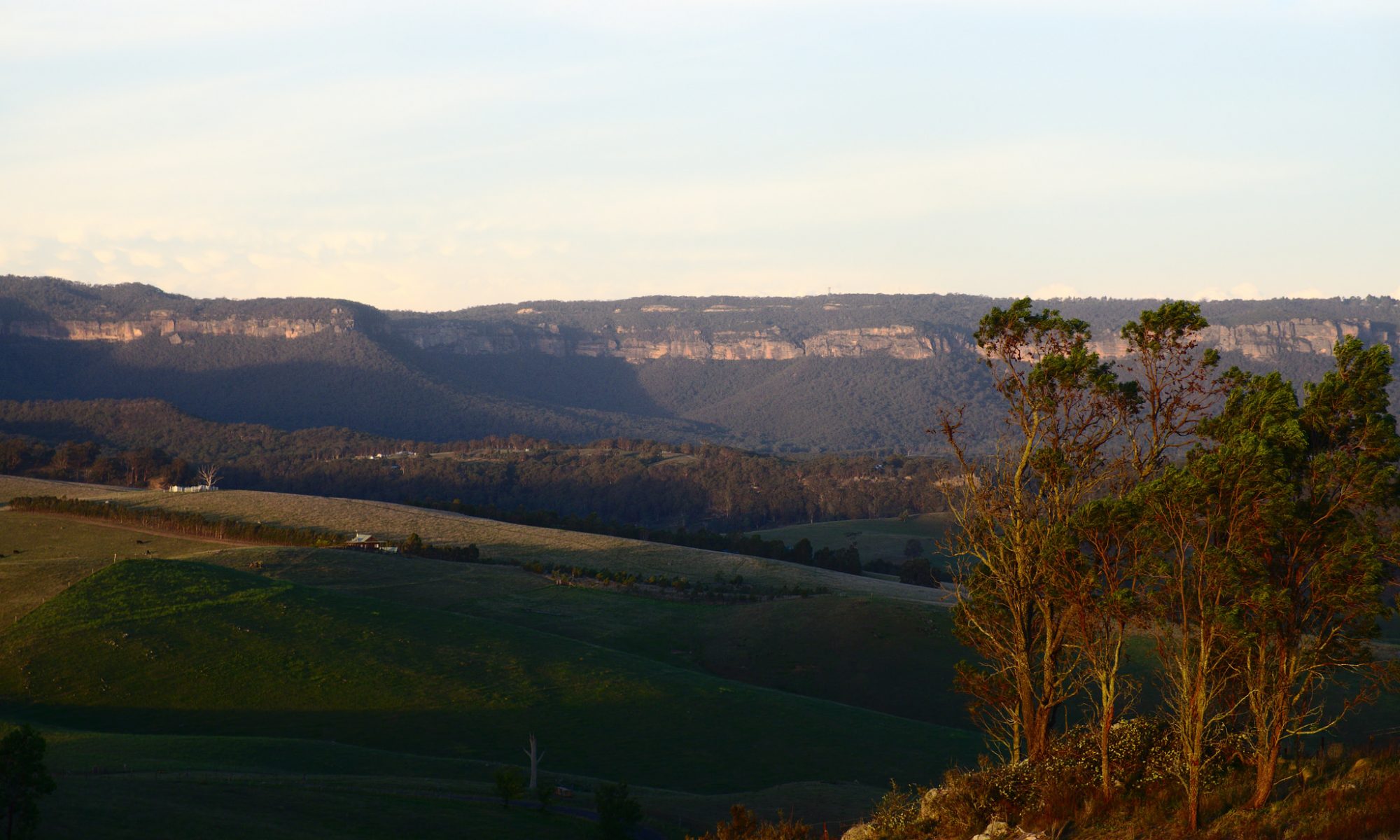This article originally appeared on Geek Feminism.
A couple of days ago Skud linked to the Women in Science introduction to women potentially eligible for Nobel Prizes. Now the awards have been announced and there are two female laureates this year: Elizabeth Blackburn and Carol Greider. They, with Jack Szostak, are sharing the Physiology or Medicine prize “for the discovery of how chromosomes are protected by telomeres and the enzyme telomerase”.
Blackburn is Australian and so has received a lot of Australian press. Here’s an excerpt of a Sydney Morning Herald story:
Professor Blackburn, 60, who now works in San Francisco, pioneered the study of telomeres, caps that protect chromosomes in cells, and is a discoverer of telomerase, an enzyme that does the protecting.
…
… Professor Blackburn is a vocal advocate of independent scientific thought who fell out with the Bush administration over cloning and stem cells.
She was dropped from George Bush’s Council on Bioethics in 2004 after questioning its bias.
A colleague and friend, Melbourne University’s dean of science, Rob Saint, said Professor Blackburn, who graduated in 1971, chose her career when women were starting to become more involved in the sciences.
“I think she would be representative of a change in that gender balance,” Professor Saint said. “It’s wonderful that here we’re seeing the fruits of opening up the system.
…
Dr Blackburn’s career path wasn’t easy. Early in her tertiary education, she returned to her birthplace, Hobart, where according to her biography a family friend said: “What’s a nice girl like you doing studying science?”
Her interest had been sparked by a likeable chemistry teacher at Launceston’s Broadland school. There, biographer Catherine Brady said, she used the new chemistry lab to try to make touch powder fireworks.
She completed her schooling at Melbourne University High School, topping the state in three matriculation subjects, before completing a biochemistry masters, and moving on to Cambridge and Yale.
Women in Science has an extensive introduction to the work of both Blackburn and Greider.
